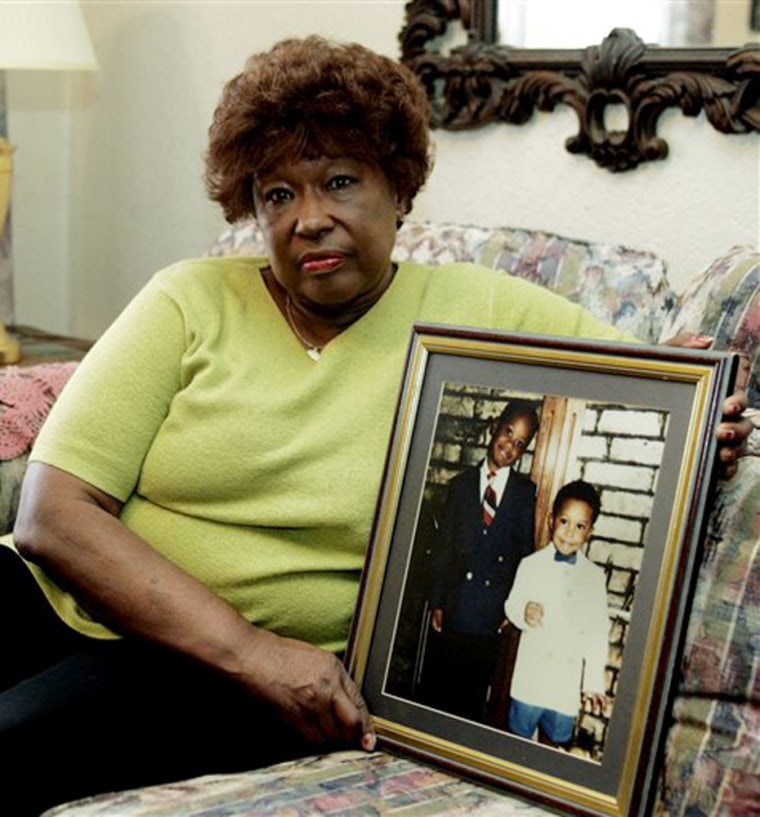Before her two grandsons died with 166 other people in the Oklahoma City bombing, Jannie Coverdale thought that terrorist acts were committed only in foreign countries by people whose names are hard to pronounce.
“Before the bombing, we didn’t know there were Timothy McVeighs and Terry Nichols and all those stupid people in this country,” Coverdale said. “After the bombing, we found out that we didn’t have to go overseas to find those people. They’re right here.”
Eleven years after the deadliest act of domestic terrorism in U.S. history, survivors, terrorism experts and law enforcement authorities fear that lessons learned from the 1995 Oklahoma City bombing are being forgotten as the nation focuses on international threats.
“The minute we forget, some of those people are going to strike again,” Coverdale said.
Six years before the Sept. 11, 2001, terrorist attacks, a cargo truck packed with two tons of ammonium nitrate and fuel oil was detonated in front of the nine-story Alfred P. Murrah Federal Building on April 19, 1995, killing 168 people — including 19 children — and injuring hundreds more.
“The loss of life there and the children — it was a staggering crime and a staggering attack,” said former FBI Director Louis Freeh, who headed the agency during the bombing investigation.
Bitter vengeance for Waco
Prosecutors said the bombing was a twisted attempt to avenge the deaths of about 80 people in a government siege at the Branch Davidian compound in Waco, Texas, exactly two years earlier.
In the largest criminal case in U.S. history, FBI agents conducted 28,000 interviews and collected 3.5 tons of evidence and almost one billion pieces of information in the Oklahoma City bombing case.
McVeigh, apprehended less than two hours after the bombing, was convicted of federal murder charges and executed on June 11, 2001. Nichols, who met McVeigh in the Army, was convicted on federal and state bombing charges and is serving multiple life prison sentences.
Another Army buddy, Michael Fortier, pleaded guilty to not telling authorities in advance about the bomb plot and agreed to testify against McVeigh and Nichols. Fortier was released from a federal prison in January after serving about 85 percent of a 12-year sentence.
Hate groups on the rise
The number of organized hate groups in the U.S. has risen 33 percent since 2000 and the potential for another domestic terrorist attack is on the rise, said Mark Potok, director of Intelligence Project at the Southern Poverty Law Center in Montgomery, Ala., which monitors hate groups.
“One of the great lessons of the Oklahoma City bombing is that the domestic radical right poses extremely serious threats,” Potok said. “It taught us that not all terrorists speak different languages, wear turbans or speak to different Gods.”
Potok said law enforcement authorities have foiled 60 domestic terror plots since the Oklahoma City bombing, including one in Texas in 1997 in which four suspects allegedly plotted to blow up a natural gas processing plant.
There were 803 organized hate groups in the U.S. in 2005, including the Ku Klux Klan, neo-Nazis and other white supremacists, up from 602 just six years earlier, according to the SPLC.
“We just don’t have the luxury of ignoring these other groups in favor of the current threat of the day,” said Chip Ellis, research and program coordinator at the National Memorial Institute for the Prevention of Terrorism in Oklahoma City.
